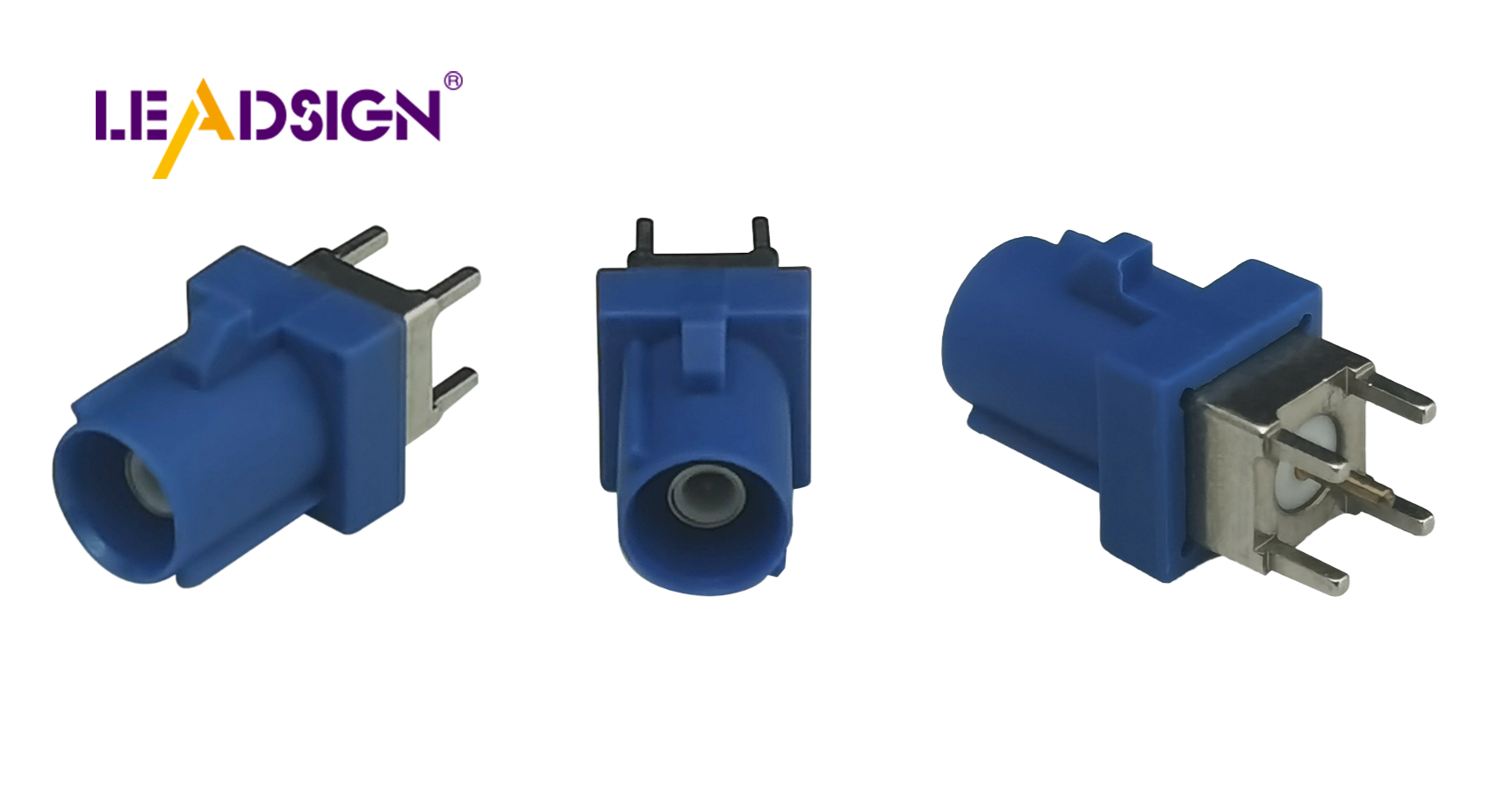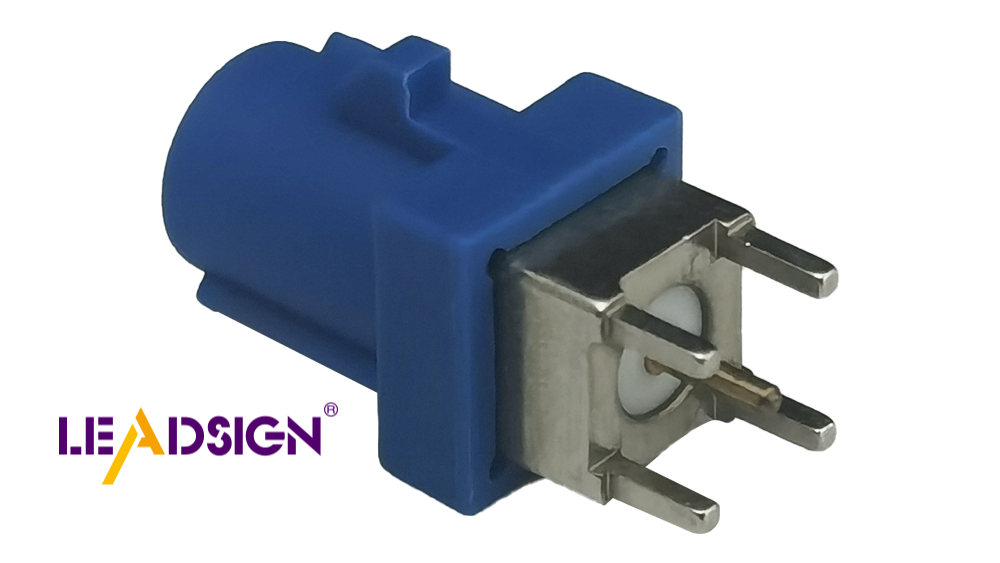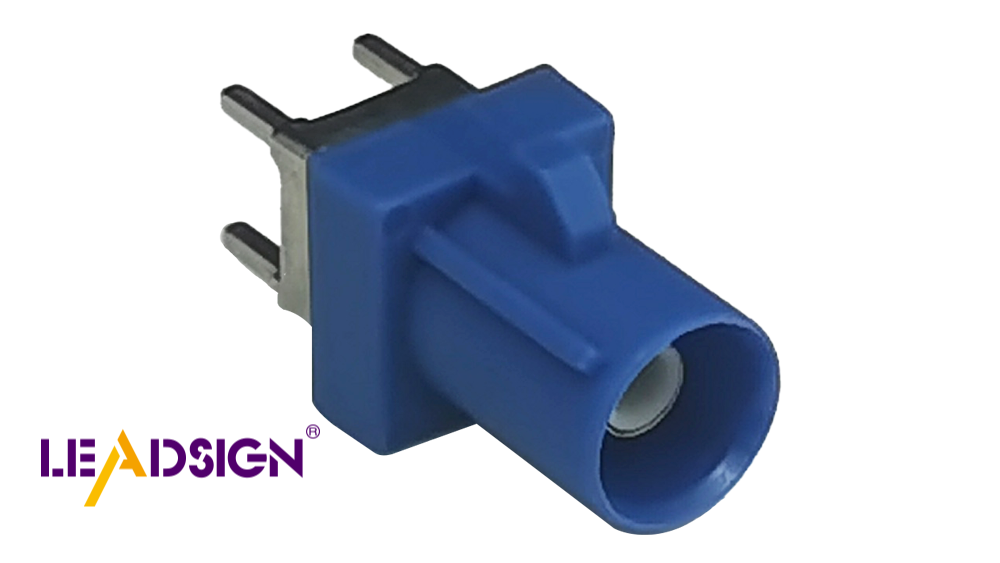Simplifying the Process of Choosing Automotive Harness Connectors

Automotive harness connectors are important for your vehicle to work well. They keep electrical connections steady for systems like engines, airbags, and lights. This helps stop problems and keeps things safe and efficient. But picking the right automotive harness connectors can be hard. You need to think about if they handle heat, resist shaking, and are made of good materials to avoid issues.
Key Takeaways
Picking the right car harness connectors keeps wires working well. This helps make cars safer and work better.
Think about things like heat and water when choosing connectors. Weatherproof ones work best in tough conditions.
Choose well-known brands and look for safety labels. This makes sure the connectors are good quality and safe to use.
What Are Automotive Harness Connectors?

Definition and Purpose
Automotive harness connectors, also called automotive connectors, are key parts of vehicles. They join wires and electrical parts, helping power and data move easily. These connectors come in many shapes and sizes for different uses. For instance, some are for high-frequency tasks, while others handle simple electrical jobs.
Global rules, like ISO 10487 and ISO 9458, make sure these connectors meet strict safety and quality standards. This ensures they work well in various vehicle systems.
Role in Vehicle Electrical Systems
Automotive connectors help your car's electrical system work properly. They send power and signals to important parts like lights, sensors, and engine controls. Mechanics also use them to connect tools for repairs. Without these connectors, your car's electrical system would not work.
These connectors have male and female ends that join or separate wires. They are often part of bigger setups, including cables and terminals, which spread power and data across the car. This makes sure all systems, from the engine to the radio, work smoothly.
Examples of Applications
Automotive harness connectors are used in many car parts, such as:
Lighting Systems: They keep headlights and interior lights steady.
Engine Control Units (ECUs): Special connectors stop engine problems by staying stable.
ABS and Traction Control Systems: Strong connectors power these safety features.
Body Wiring Harness: These link parts like power windows and dashboard controls.
These examples show how important automotive connectors are for keeping your car safe and working well.
Types of Automotive Harness Connectors

Blade Connectors
Blade connectors have a flat, rectangular shape. This makes them different from other connectors. They can handle high power, making them great for power tasks. You often see them in battery systems or fuse boxes. Their simple design and reliability make them popular in cars.
Weatherproof Connectors
Weatherproof connectors are made for tough weather conditions. They have seals to block water, dust, and dirt. These connectors work well even in extreme environments. You’ll find them in outdoor lights or under the hood. Their strength keeps your car's electrical system working.
Multi-Pin Connectors
Multi-pin connectors join many wires in one unit. They are used in systems needing multiple connections, like engine controls. These connectors save space and are easy to install. Their locks keep them secure, preventing disconnections over time.
Specialty Connectors for High-Performance Applications
Specialty connectors, like FAKRA, are for advanced car systems. They are used in wireless systems like GPS and Bluetooth. These connectors send clear signals for reliable performance. FAKRA connectors resist water and interference, making them durable. You’ll see them in navigation, radios, and Bluetooth setups.
New automotive connectors now send data faster and handle high voltage. Heat-resistant materials and waterproof coatings make them last longer. Modular designs help add new tech to vehicles easily.
Key Factors to Think About When Picking Automotive Connectors
Electrical Needs and Current Limits
It’s important to know the electrical requirements of your connectors. Each connector is made to handle certain voltage and current levels. Using the wrong one can cause overheating or system problems.
Current limit: Make sure the connector handles the system’s current safely.
Voltage limit: Don’t go over the voltage limit to avoid damage.
First, figure out what your system needs. For example, think about whether it powers high-demand systems like engine controls or low-demand ones like interior lights.
Environmental Challenges and Protection
Things like heat and moisture can affect connectors. Choose ones with good seals to block water, dirt, and chemicals. Look for high IP ratings for tough conditions. Weatherproof connectors work well for outdoor or under-the-hood areas where harsh elements are common.
Strong Materials and Rust Resistance
The materials in connectors decide how long they last. Plastics like PA66 and PBT are strong and handle heat well. Metals like copper alloys or stainless steel resist rust and conduct electricity well. In tough places, metal connectors are better because they are stronger and shield better.
Easy Installation and Strong Locks
Installing and maintaining connectors should be simple. Locks, like CPA connectors, keep connections secure even with shaking or bumps. This stops accidental disconnections that could cause problems. Good locks also prevent sparks or heat buildup, making them safer.
Matching Car Wiring and Systems
Make sure your connectors fit your car wiring and systems. Wrong connectors can mess up signals or cause issues. Check that they meet your car’s needs and work for your application. Matching connectors ensures everything works smoothly and efficiently.
Benefits of Choosing the Right Automotive Wire Harness Connectors
Better Electrical Performance and Clear Signals
Picking good automotive connectors helps your car's electrical systems work better. These connectors stop signal loss, interference, and mix-ups. This keeps signals clear and reliable. Using strong designs and materials avoids data errors and problems. Good connectors improve paths for electricity, reducing signal overlap. This makes signals clearer and systems work smoothly. For things like GPS or Bluetooth, strong RF connectors keep signals steady for great performance.
Safer and More Reliable Electrical Connections
Strong connectors are key to keeping you safe while driving. In airbags, good connectors make sure they work during crashes. For brakes, steady connections help ABS and traction control work right. These systems keep you safe in emergencies. Secure lighting connectors stop failures, keeping lights working for safety. Choosing the right connectors makes these systems more reliable.
Longer-Lasting Vehicle Systems
Good connectors help your car's electrical parts last longer. Strong materials fight wear, rust, and weather damage. This lowers the chance of system problems over time. Weatherproof connectors block water and dirt, keeping systems working in tough conditions. Long-lasting connectors improve your car's performance and save you from replacing them often.
Lower Maintenance and Repair Costs
Using the right connectors saves money on repairs and upkeep. Strong connectors stop loose wires and short circuits. This means fewer repairs are needed. Weatherproof and rust-proof connectors also stop damage from weather. By choosing good connectors, you avoid costly fixes and keep your car running well.
Tips for Finding Good Auto Electrical Connectors
Check Trusted Brands and Makers
Start by finding brands known for making strong connectors. Reliable brands make products that last and work well in cars. Here’s a simple table of top brands:
Brand | Features |
|---|---|
Molex | Strong and trusted, used by car experts. |
TE Connectivity | Works in tough conditions, easy to use, many sizes available. |
Delphi Automotive | Sealed, resists rust and shaking, handles extreme heat. |
Picking these brands helps avoid bad products and keeps your car safe.
Check Product Details and Safety Labels
Always read the details of the connectors you want to buy. Look for things like how much power they handle and what they’re made of. Certifications like RoHS and ELV show the connectors are safe and eco-friendly. These labels mean they don’t have harmful stuff like lead or mercury.
Follow Important Safety Rules (e.g., RoHS, ELV)
Safety rules make sure connectors meet global standards. Some important ones are:
RoHS: Stops harmful materials in electrical items.
ELV: Limits bad materials in car parts like cadmium.
Connectors that follow these rules are safer and better for the planet.
Ask Experts for Help with Special Needs
Talking to experts can help you pick the right connectors. Follow these steps to choose wisely:
Know how much power your system needs.
Pick connectors made for your car’s job, like electric cars.
Choose materials that don’t rust or wear out fast.
Look for brands that let you customize connectors.
Check for safety labels to ensure quality.
Pick connectors that are easy to install.
Make sure they work with new car tech for the future.
Expert advice helps you get the best connectors for your car, avoiding problems later.
Picking the right car harness connectors is very important. They keep electrical systems steady for things like engines, airbags, and lights. Good connectors lower repair costs and make your car safer. Strong ones last in tough weather and work for a long time. Always choose connectors that follow safety rules and fit new car tech.
FAQ
What are the main types of car harness connectors?
The main types are blade, weatherproof, multi-pin, and specialty connectors. Specialty ones, like FAKRA, work for GPS and Bluetooth systems.
How can you pick a connector that fits your car?
Check the voltage, current, and material of the connector. Make sure it matches your car's wiring and works for your needs.
Why do cars need weatherproof connectors?
Weatherproof connectors block water, dust, and heat. They work well in tough places like outside or under the hood.
See Also
Enhancing Automotive Performance Through HFM Connectors
Why HSD Connectors Matter in Automotive Applications
Understanding the Advantages of Fakra Connectors in Cars

